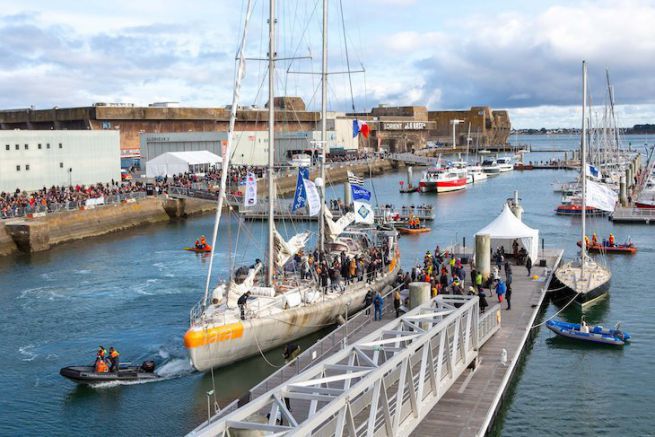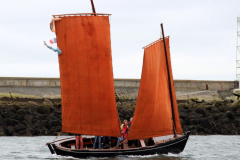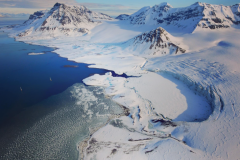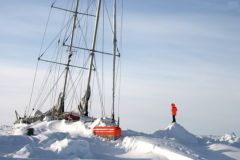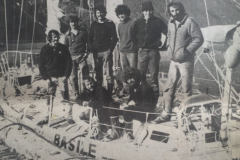For two and a half years, the schooner Tara conducted several collections across the Pacific. From the Panama Canal to Japan (2016-2017), then from New Zealand to China (2017-2018), 36,000 samples were collected from 32 coral sites. With nearly 100,000 km covered and stops in 30 countries, this scientific expedition, which began in May 2016, is one of the largest to date.
Reefs affected by global warming
As early as November 2016, on Ducie Island, west of Easter Island, scientists observed the first reefs to be affected by global warming. Bleaching reached 30 to 50% in some Tuamotu islands in Polynesia, and even 90% in Samoa in the South Pacific in November 2016. In Micronesia, Tuvalu and Kiribati, some of the reefs had already died before the schooner arrived, while the reefs of Wallis and Futuna or the Chesterfield Islands remained relatively unspoilt.
Studies have also shown that the health of coral reefs is mixed. They adapt differently to global and local stresses.
This study therefore makes it possible to distinguish two types of disturbances: the effects of local disturbances (pollution, urbanization, sedimentation due to soil erosion, invasive fishing techniques, etc.) and those of global change (global warming, ocean acidification, etc.).
It is therefore important to implement sustainable local development actions for the health of these ecosystems.
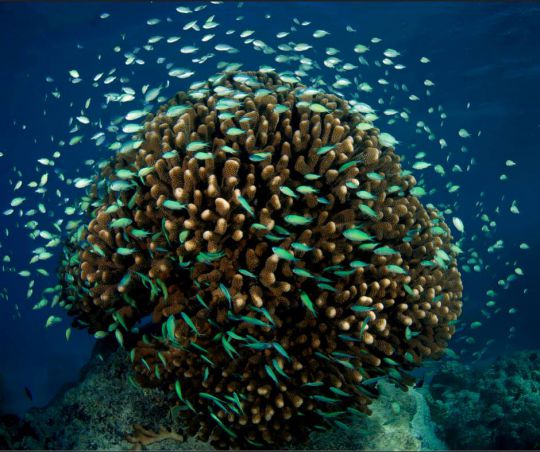
Lauric Thiault / Tara Expeditions Foundation
A large coral reef database
This expedition collected valuable data to understand the functioning of corals and the microorganisms that make them up. And in particular their ability to acclimatize coral to environmental variations.
This will allow us to identify the optimal conditions for ensuring the survival of corals according to the environmental and biological parameters of coral reefs, but also their microbiota (viruses, bacteria, etc.).
This study will provide the international scientific community with a new database on coral reefs that will reveal the biodiversity of a reef, which is genomic, genetic, viral and bacterial.
Actions for the reconstruction of reefs
The Tara Foundation calls for urgent local actions to alleviate the direct stresses on the reefs, not to mention the urgent need to reduce greenhouse gas emissions. The proliferation of plastic waste, unsustainable tourism in the lagoons, agricultural and livestock effluents or large coastal infrastructures all aggravate the situation. It appears that greater consideration of environmental impacts will provide short-term results.
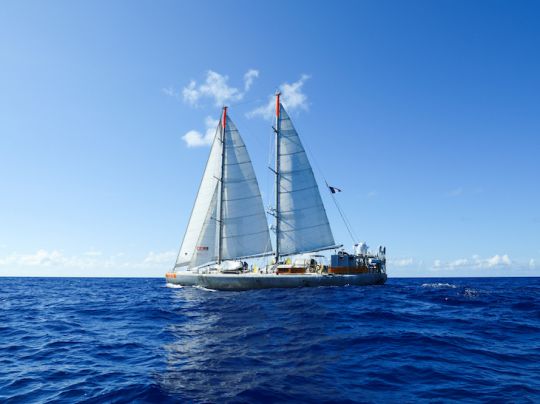
6 immediate local actions
- Improve waste management, especially plastic waste management
- Limiting the impact of agriculture, livestock and their effluents
- Limit deforestation to stabilize soils and thus avoid sediment covering of reefs
- Prohibit or limit the most destructive fishing methods
- First and foremost, take into account environmental criteria in the development of major coastal infrastructure, such as dikes, industrial ports, etc.
- Involve and sensitize local populations to preserve their own environment.
